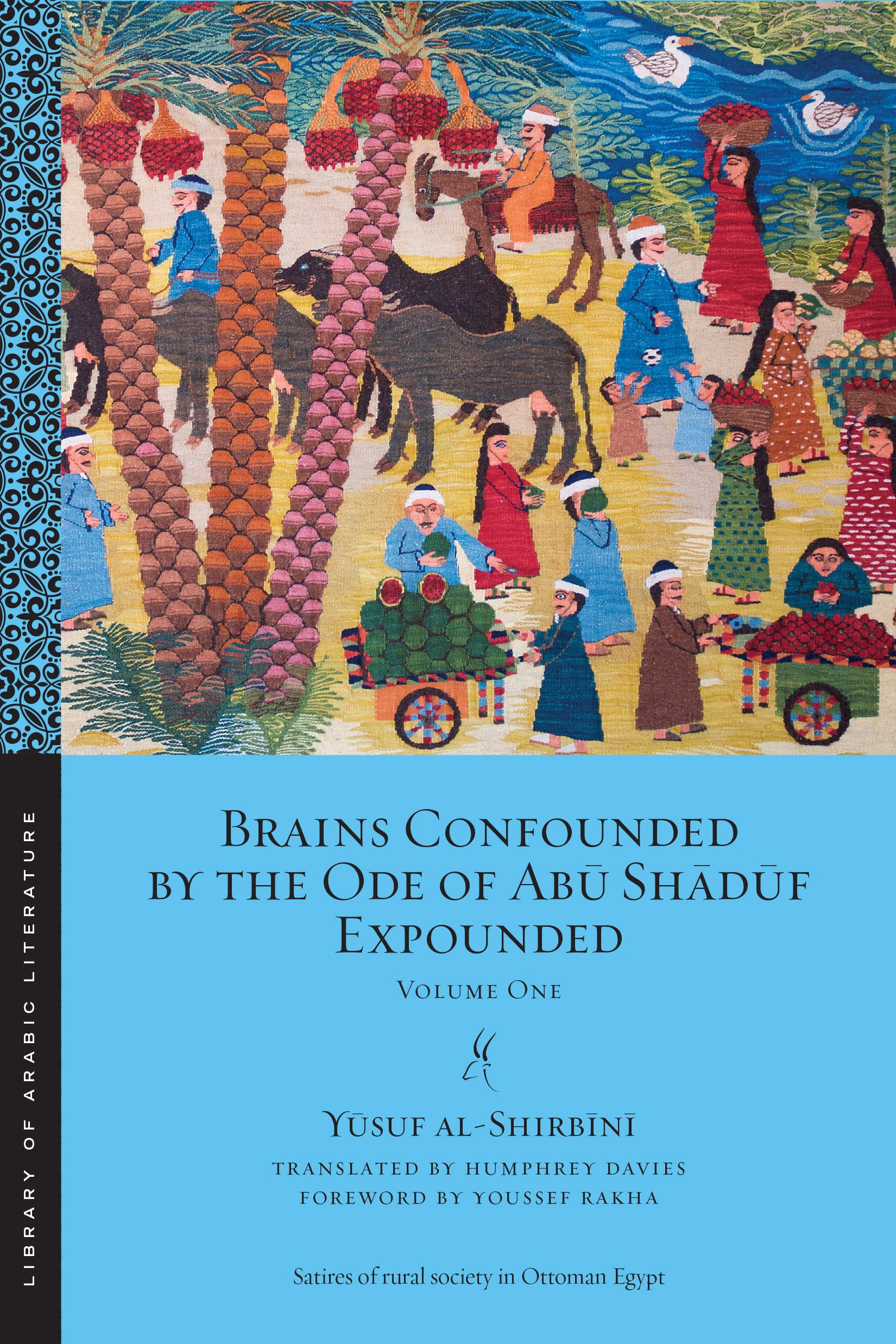What do you think?
Rate this book


367 pages, Kindle Edition
Published April 9, 2019
Then his sickness took a turn for the worse, and he got up and went to the lavatory, where he expired and whence he emerged a dead man. I was informed that the only grave they could find for him was beside a wall next to a ruined tomb, and that when they dug down they discovered a structure that on being opened turned out to be an old latrine, and that is where they buried him. Thus he lived as shit and died in shit. l composed the following on him:
God put paid to a heretic
Who to mankind was a blight;
He lived in vomit and foulness
And he died in shame and shite.